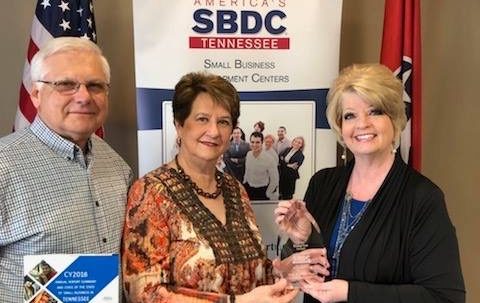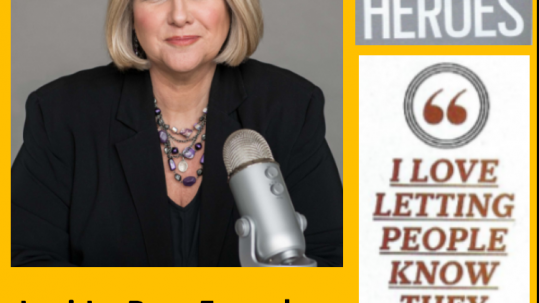Footbar® Walker – patented, safe patient handling transfer and lifting device features a unique no lift PULLBAR designed to improve, retrain or regain sit-to stand transfer function which may be lost due to several factors such as temporary injury or surgery (hip/knee replacement) or permanently through disease progression or other medical conditions which may be physical or neurological in nature where sit to stand limitations prevent the completion of MRADLs (mobility related activities of daily living) and IADLs (independent activities of daily living). Where STS limitations exist other medical equipment or alternatives such as mechanical lifts , 2-person lift, chair lifts, gait belts and caregivers are often used to achieve sit to stand functions: the Footbar® Walker was designed to help improve the sit-to-stand function. Customers with the following conditions/diagnoses have purchased the FOOTBAR Walker: Osteoarthritis, chronic pain sufferer, surgery for hip and knee replacement, Alzheimer’s/dementia(s), Obesity, Progressive Supranuclear Palsy, Parkinson’s, Transverse Myelitis, generalized weakness, Neuromuscular Disease, Stroke, Sarcopenia, and Multiple Sclerosis.






